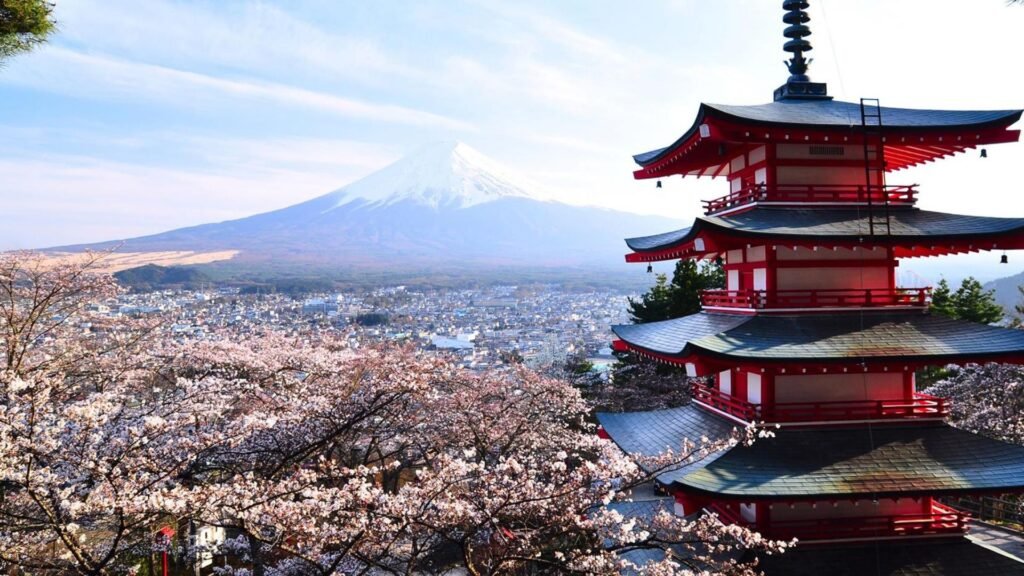The Impact of Japanese Cinema on Global Pop Culture
Japanese cinema has had a profound influence on global pop culture, shaping the way stories are told and experienced around the world. From the visual storytelling techniques of legendary directors to the iconic characters and genres that have crossed borders, the impact of Japanese films is seen in various aspects of contemporary media, including Hollywood blockbusters, animation, and even video games.

Influential Directors and Their Legacy
One of the most significant contributors to global cinema is Akira Kurosawa, whose works have inspired countless filmmakers worldwide. Kurosawa’s mastery of visual composition, narrative structure, and character development set new standards in filmmaking. His films, such as Seven Samurai (1954) and Rashomon (1950), have been adapted and reimagined in various forms, with Seven Samurai serving as the basis for the American Western The Magnificent Seven (1960).
Other directors like Yasujirō Ozu and Hayao Miyazaki have also left an indelible mark on global cinema. Ozu’s contemplative and minimalist style, showcased in films like Tokyo Story (1953), has influenced directors such as Wim Wenders and Jim Jarmusch. Miyazaki, through Studio Ghibli, has introduced audiences worldwide to the magic of anime, with films like Spirited Away (2001) and My Neighbor Totoro (1988) becoming beloved classics across cultures.
The Spread of Japanese Genres
Japanese cinema has introduced several unique genres that have been embraced globally. Kaiju films, featuring giant monsters like Godzilla, became a worldwide phenomenon after the release of Godzilla (1954). The character of Godzilla has since become a cultural icon, appearing in numerous international films, television shows, and merchandise.
Another genre that has gained global traction is J-Horror (Japanese horror). Films like Ringu (1998) and Ju-on: The Grudge (2002) brought a new level of psychological horror to the genre, focusing on unsettling atmospheres and supernatural elements rather than graphic violence. These films were later remade in Hollywood, sparking a wave of interest in Japanese horror and its unique style.
Anime: A Global Phenomenon
Perhaps the most visible impact of Japanese cinema on global pop culture is the rise of anime. Japanese animated films and series have become a worldwide cultural force, influencing everything from fashion to music. Anime’s diverse genres, ranging from epic adventures like Naruto to slice-of-life dramas like Your Name (2016), have captured the imaginations of audiences across the globe.
The distinct visual style and storytelling techniques of anime have influenced Western animation and filmmaking. Series like Pokémon and Dragon Ball Z have become cultural phenomena, while directors such as Guillermo del Toro and the Wachowskis have cited anime as a significant influence on their work.
Japanese Cinema in Hollywood
The influence of Japanese cinema on Hollywood is undeniable. Numerous American films have been directly inspired by Japanese originals. For example, The Matrix (1999) drew heavily on the visual style and themes of anime and cyberpunk films like Ghost in the Shell (1995). Similarly, Quentin Tarantino’s Kill Bill series pays homage to Japanese samurai and yakuza films, blending them with Western influences to create a unique cinematic experience.
Remakes of Japanese films have also become common in Hollywood, with varying degrees of success. While some adaptations, like The Ring (2002), have been well-received, others have struggled to capture the essence of the original films. Nevertheless, these remakes have introduced broader audiences to Japanese cinema and its storytelling traditions.
Conclusion
Japanese cinema has had a lasting impact on global pop culture, influencing filmmakers, animators, and storytellers around the world. Through the works of pioneering directors, the spread of unique genres, and the global rise of anime, Japanese films continue to shape and enrich the global cultural landscape. As audiences around the world continue to discover and appreciate Japanese cinema, its influence will likely grow even stronger in the years to come.



